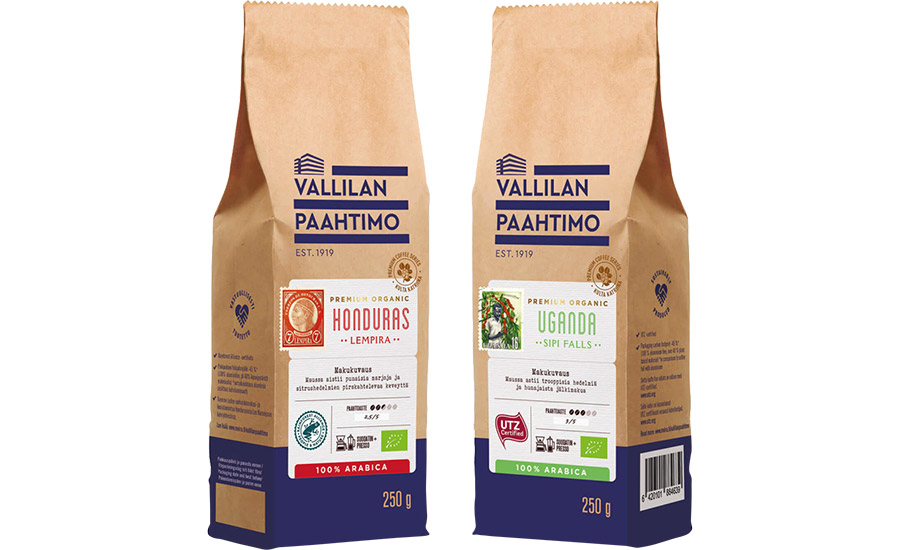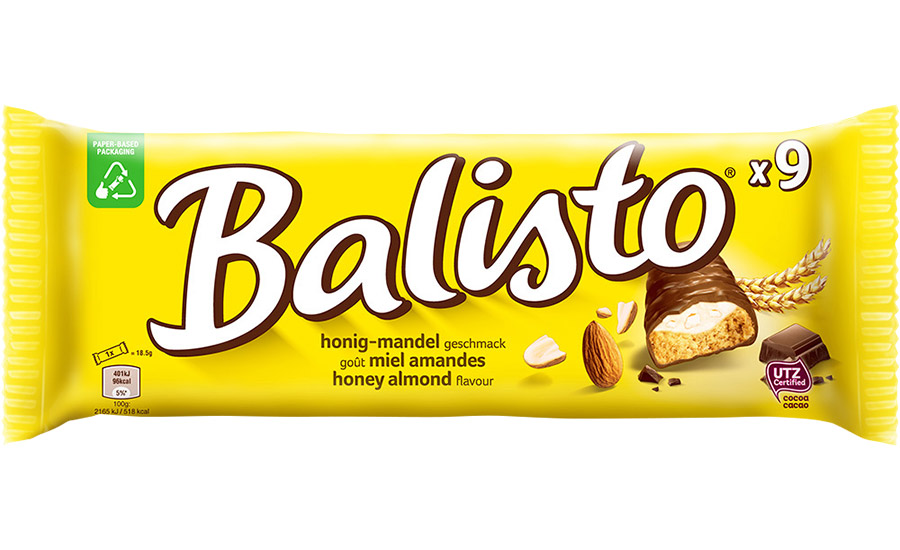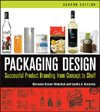Industry Trends
CPG Companies Pilot New Packaging Formats with Help from Packaging Suppliers
CPGs are testing many types of packaging formats that are revealing deep collaboration with material suppliers, institutions and converters.

For consumer packaged goods (CPG) companies, 2020 was all about surviving, while this year is about piloting new packaging formats and sourcing alternative materials for these products. The hope is to connect with young and committed consumers to a circular economy while also publicizing their sustainability commitments coming in 2025.
The progress report at the halfway point through 2021 is promising as many companies have hit the ground running with pilot programs in the U.S. and Europe. Many of the European pilot programs, of course, are driven by stringent EU regulations that have gained steam over the last five years.
However, as reported by Flexible Packaging in June, CPGs are moving quickly around the world to pilot new packaging film formats, not just Europe. Nestlé Australia debuted a “soft wrapper” prototype package made of recycled plastic film. Again, the supply chain support behind this new prototype was a who’s who of suppliers: LyondellBasell, Amcor Flexibles, iQ Renew, Licella and Taghleef Industries. Licella creates synthetic oil, LyondellBasell converts the oil into a food-grade polypropylene film, and Amcor prints and creates the wrapper.

Courtesy of Amcor
The Nestlé Australia example shows how companies are moving fast toward circular packaging but also carbon-reduction savings in their messaging. Meira in Helsinki, Finland, recently unveiled a paper-based coffee packaging pouch that uses Amcor’s AmLite Ultra Recyclable material, but it also builds upon its persistent messaging around sustainability and environmental stewardship.
“The coffee is sourced from Rainforest Alliance and UTZ-certified farms in Honduras and Uganda,” says Eriika Reiss, brand manager of coffee at Meira. “In Honduras, many families’ main income comes from their coffee farms, and a lack of education is a root cause of poverty there.”
Meira’s sustainable journey led the company to update its packaging and implement a metal-free barrier layer. The company chose Amcor’s recyclable film material that offers a barrier-layer, composed of a biobased PE derived from sugar cane. Amcor’s AmLite material line, introduced in 2015, originally unveiled oriented-polypropylene (OPP) as an alternative metal barrier film.
“Replacing aluminum is particularly important to exceed modern consumer expectations for a quality product, and by introducing new materials for the coffee line packaging we have reduced its carbon footprint by 45%,” says Reiss.
In the U.S., Atlanta-based Fresh Harvest has been leaning into carbon reduction and farm-to-table messaging, and now it is adding compostable packaging to the mix. Fresh Harvest, founded in 2012, delivers customers “fresh produce packed in reusable packaging that gets washed and reused every week, sometimes 364 times,” according to the company.

Courtesy of MARS Wrigley Germany
“For the items that have to be portioned and protected in non-reusable packaging, we wanted to use the next best option for the planet,” says Dana Bourke, chief marketing officer at Fresh Harvest. “Compostable packaging allows us to protect and extend the life of perishable items, like salad greens, while not generating landfill waste.”
The company chose to use TIPA Ltd., located in Hod Hasharon, Israel, which specializes in compostable plastic film packaging that relies on a blend of biobased and fossil-based resins — ⅔ and ⅓ respectively — to allow material to degrade after consumption in low temperatures. The TIPA 320 film material used at Fresh Harvest are converted into transparent plastic bags consisting of a single layer and offered in gauges of 40, 60 or 80 microns.
“The bags are wonderful because we can add our messaging and logo to educate the customers on how to properly dispose of them,” says Bourke. Fresh Harvest also allows customers to return the plastic film material, if composting isn’t done at home, and execute the composting with its partner, CompostNow.
During typical composting, TIPA’s plastic bags disintegrate into “pieces smaller than 2 mm within six months, and properly biodegrade — breaking down not into microplastics but into carbon dioxide, water vapor and organic matter, just like a plant decomposing — within a year,” according to company’s website.
Candy Break
MARS Wrigley Germany is also participating in a new pilot program where the company will offer a chocolate bar in a paper-based package for the first time with a distribution of more than 100,000 multipacks. The BALISTO chocolate bar and pilot include its German retail partner EDEKA and its 500 retail stores. MARS Wrigley claims more than 970 pounds of plastic packaging will be reduced in the pilot program.
“A product is only truly sustainable if it is also sustainably packaged, and, for the first time, we offer a chocolate biscuit bar in paper,” says Laurence Etienne, managing director of MARS Wrigley Germany. “We are pleased to implement this important step in our global packaging strategy here in the German market.” This sustainable pilot program is one of many being launched worldwide this year in all Mars business areas, according to the company.
The paper-based film contains more than 90% natural fibers while being Forest Stewardship Council (FSC) and Programme for the Endorsement of Forest Certification (PEFC) certified, along with a thin-barrier coating to protect the chocolate. MARS Wrigley Germany did not “reveal the supplier of the paper packaging, and said the coating is not PVC,” according to an online news report. The candy producer’s goals for 2025 include reducing consumption of virgin plastics by 25% by 2025.
“Our packaging should be part of the circular economy so that no packaging becomes waste,” says Etienne. “To this end, we invest in sustainable solutions and the development of recycling systems and work closely with partners such as the Ellen MacArthur Foundation.”
As we’ve seen in 2021, global CPG companies are moving fast. Other news reports reveal that Nestle’s Smarties and the Dutch Chocolate manufacturer Tony Chocolonely are adopting plastic-free packaging solutions. Retailers and e-commerce channels know the time to gain first mover advantage is in 2021 while also communicating to consumers that they’re all in on the circular economy.
|
Biodegradable and Compost Packaging Definitions Biodegradable by itself can be distinguished into the overall biodegradable word, which then has a subsidiary being compostable. Biodegradable means that material decomposes by living organisms, Composting means getting organic material out of the resin, such as fertilizer. Compostable is always biodegradable, but biodegradable is not always compostable. |
Looking for a reprint of this article?
From high-res PDFs to custom plaques, order your copy today!






